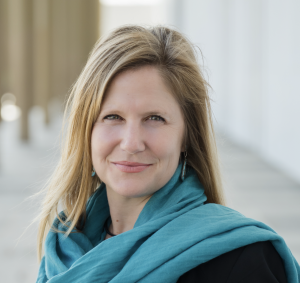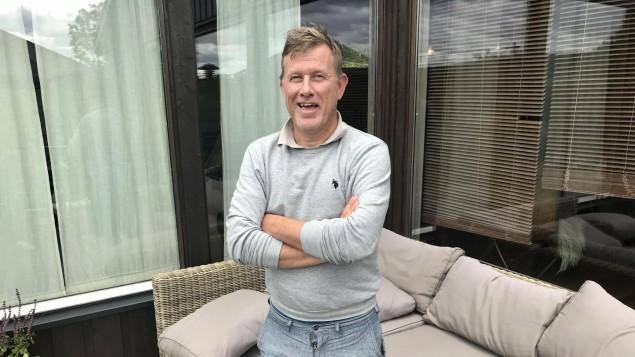New incoming MA-student

Shahadat Hossain is a Master’s (MA) student in Nordic Social Policy and Global Sustainable Development at Oslo Metropolitan University. He has a background in Peace and Conflict Studies from Bangladesh. This experience has shaped his interest in the intersection of global health, health inequality, and long-term societal resilience.
His MA thesis project at the Centre for Research on Pandemics & Society (PANSOC) at OsloMet focuses on the “long-tail” of the 1918 flu. Titled “The Long-Tail Impact of the 1918 Spanish Flu on Global Mortality Patterns,” his research aims to analyze long-term excess mortality and epidemiological shifts in the decades following the pandemic.
His study spans 22 countries and regions across Europe, Asia, Oceania, South America, and the United States, drawing on monthly all-cause mortality data from 1906 to 1936. A key objective is to determine when pandemic-related mortality began to normalize and whether this transition followed a universal or context-specific trajectory.
A key part of his research involves assessing age-specific pneumonia and influenza (PI) mortality patterns. These patterns serve as indicators of when populations returned to a typical seasonal influenza profile—marked by a “U-shaped” mortality curve—in contrast to the “W-shaped” profile of the 1918 pandemic, which disproportionately affected young adults. Using Serfling regression models, Shahadat Hossain will estimate excess mortality and analyze the return to pre-pandemic norms.
Shahadat Hosssain will work with a rare historical dataset originally compiled by the French National Institute of Demographic Studies (INED) in 1954 and digitized by PANSOC. He’ll apply time-series methods to measure excess mortality, compare cross-national trends, and control for major contextual influences such as World War I, economic disruptions, civil conflicts, and other public health crises.
As part of his academic development, Shahadat Hosssain will also participate in a summer school at Charles University in Prague in August 2025, focusing on Harmonizing and Visualizing Data in Research on Health Inequalities. This experience will further enhance his competencies in historical data analysis, interdisciplinary research, and collaboration.
If you like to contact Shahadat Hosssain, please see here: Our team – Centre for Research on Pandemics & Society (PANSOC)



